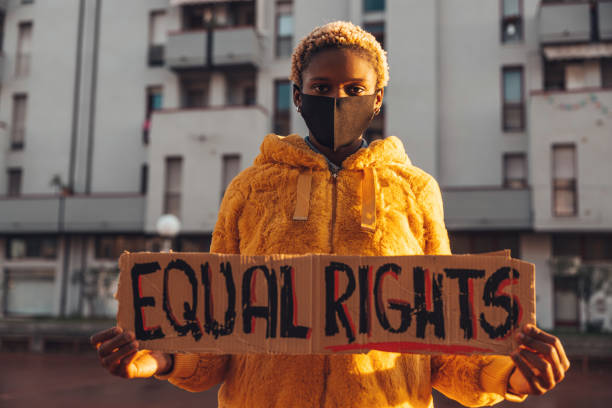15 Reasons Why South African Youth are Losing Interest in Politics in this New Decade: South Africa has a vibrant and dynamic political scene, with a rich history of political activism and struggle against apartheid. However, in recent years, there has been a growing concern about the declining interest of South African youth in politics.
Need Help?
[quform id="1" name="Schools Form"]Table of Contents
15 Reasons Why South African Youth are Losing Interest in Politics in this New Decade
Here are 15 reasons why South African youth are losing interest in politics in this new decade:
- Corruption: Widespread corruption at all levels of government has eroded public trust in political leaders and institutions.
- Lack of transparency: The lack of transparency in government decision-making processes and the failure to provide clear information on policies and plans makes it difficult for young people to engage in meaningful political discourse.
- Economic challenges: The youth unemployment rate in South Africa is extremely high, making it difficult for young people to access basic resources and pursue meaningful careers.
- Political violence: The use of violence as a means of political expression and the associated fear and trauma have discouraged many young people from engaging in politics.
- Racial and gender inequality: Persistent racial and gender inequalities in South African society continue to discourage young people from engaging in politics.
- Lack of representation: Many young people feel that their voices are not being heard or represented by mainstream political parties.
- Polarization: The growing polarization of politics and the lack of consensus on key issues has discouraged many young people from participating in political discourse.
- Social media: The rise of social media has created a culture of instant gratification, which has made it difficult for young people to engage in sustained political activism.
- Apathy: A general sense of apathy and disillusionment with politics has taken hold among many young people in South Africa.
- Perceived futility: Many young people believe that their efforts to engage in politics are futile, given the magnitude of the challenges facing the country.
- Mistrust of political parties: Many young people feel that political parties are more interested in promoting their own interests than in serving the needs of the people.
- Lack of political education: Many young people lack a basic understanding of political institutions and processes, which makes it difficult for them to engage in political discourse.
- Disconnection from traditional politics: Many young people are disconnected from traditional forms of politics, such as voting, and are more likely to engage in grassroots activism or community-based initiatives.
- Lack of role models: The lack of visible and inspirational political leaders has made it difficult for young people to identify with and engage in politics.
- Cultural factors: Some cultural factors may discourage young people from engaging in politics, such as a culture of silence, deference to authority, and a lack of critical thinking skills.
Video: The Importance of Youth in Politics
The declining interest of South African youth in politics is a complex issue with many interrelated factors. Addressing this issue will require a multifaceted approach, including greater transparency, a reduction in corruption, a focus on economic empowerment, and greater political education and engagement. By working together to address these challenges, South Africa can build a more inclusive, dynamic, and responsive political system that truly serves the needs of its citizens.
No related posts found.

